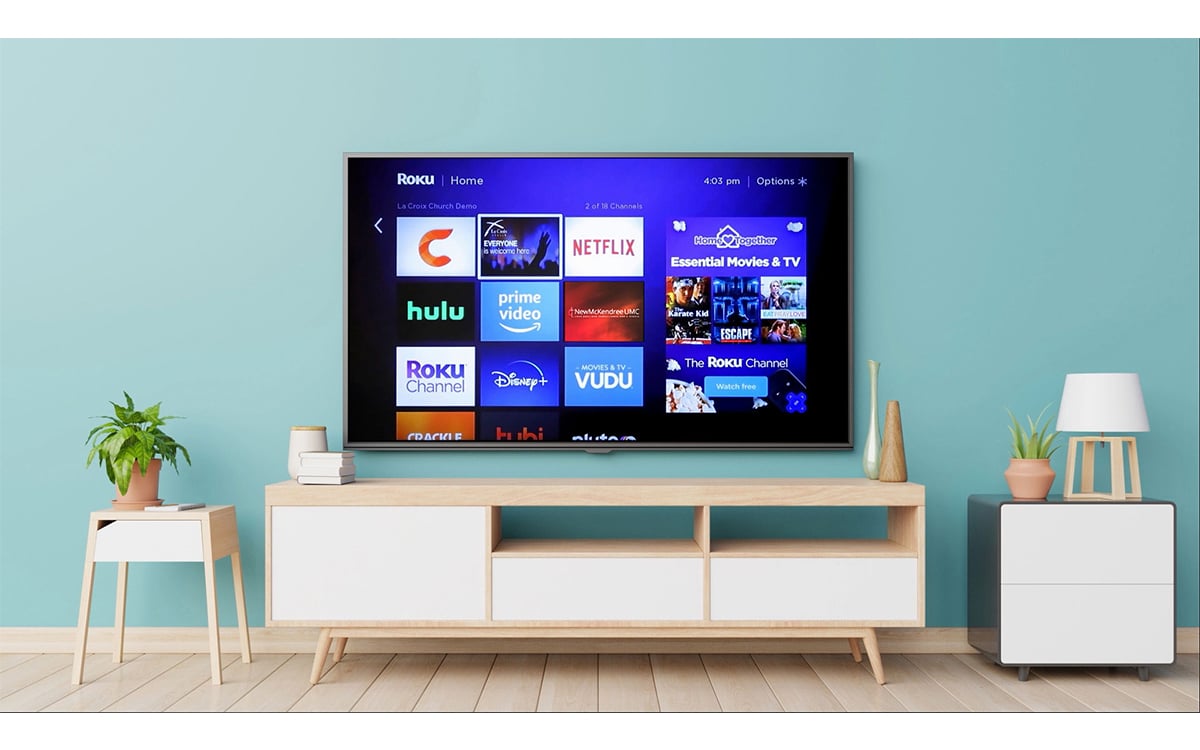The internet now dominates so many aspects of our daily lives. It helps us to stay in contact, it helps us to do our daily work, and it even keeps us entertained!
TV streaming enables us to quickly access a truly massive online library of content whenever we want it. And there’s plenty of choice across the market. Services like Netflix, Disney+ and Amazon Prime Video are all filled to the brim with some of the best streamable content around.
Major mainstream streaming services pride themselves on their ability to keep your personal data safe. They’re built to encrypt your data and to keep it away from prying eyes, so you can stream with confidence.
However, TV streaming is only ever as secure as you allow it to be. If done improperly, it could very well put your data at risk. So how do you ensure safe TV streaming? Our Reliant tech experts have collected some of the top tips that you should keep in mind!
How Do You Ensure Safe TV Streaming?
Secure Your Network
The best thing you can do to protect your personal data is to secure your home WiFi network. An unsecured WiFi network acts as a perfect entry point for hackers and viruses to infiltrate your network. This puts all of your connected devices at severe risk.
Netflix, Amazon Prime Video, and Disney+ are all incredibly secure streaming services, but this security is provided on their end. If your own internet is not secure on your end, then you will still be putting yourself at risk.
If your WiFi network is not secure, it puts all of your devices at risk of being hacked or infected with malware. We recommend installing a firewall in your network, to keep viruses and malware from infiltrating!
Make sure your network has strong passwords that can’t be guessed. And make sure to also install a firewall. A firewall is essentially your first line of defence against viruses and hackers. It’s designed to target and eliminate suspicious connections and malware as soon as they try to infiltrate your network.
Install Antivirus Software
If you’re streaming to your TV through a connected computer or other personal device, you need to ensure you are using antivirus. Antivirus is specifically programmed to prevent viruses from infiltrating your computer’s defences and to eliminate them if they do arise. You should ensure all personal computers are set up with the best antivirus around!
Antivirus is especially important on a computer when you consider just how much you do on there. Your computer is likely full of all kinds of personal data and login details. Antivirus helps to keep all of this data out of the hands of third parties!
Only Use Trusted Streaming Services
When you’ve run out of films to watch, or that brand new film is not yet available on Netflix, it might be tempting to head to some less-than-legitimate streaming services. Not only are these streaming websites highly illegal, being that they host swathes of copyrighted content, but they are also rife with viruses.
Visiting dodgy streaming sites puts your entire network at risk. Pop-ups, dodgy links, and sketchy ads can result in you accidentally installing malware directly into your devices.
Trusted streaming services like Netflix, Amazon Prime Video, and Disney+ are secure, and kept safe from hackers and malware. These services are also continually updating their libraries, to be filled with even more content. So there’s always something to watch!
And if there’s a specific film you want to watch, but that isn’t currently on platforms like Netflix, then services like Amazon Prime Video will let you pay to stream them!

Use Good Passwords
When we discussed keeping your WiFi network secure, we touched upon the importance of a good password. This also applies to your streaming service accounts.
Securing your Netflix, Amazon Prime Video and Disney+ accounts behind strong passwords helps to keep third parties from accessing them. Luckily, choosing the perfect password for your online accounts is very easy. Many devices and web browsers will generate randomised passwords made up of letters, numbers and symbols, and then store them away for later use.
We recommend making use of these randomised passwords. Randomised passwords can’t be guessed by others, which keeps your account totally secure.
When first signing up to a streaming service, we recommend doing so on your computer or phone. This will allow you to take advantage of randomly generated passwords, so you don’t have to painstakingly type out and memorise a strong password!
Use Multi-Factor Authentication
Another great step for securing your streaming experience is to make use of multi-factor authentication. Essentially, this adds an extra layer of security beyond your login details that you must pass in order to access your streaming service accounts. This ensures that, if someone does gain access to your password, you can count on the next factor of authentication to pose a significant roadblock.
A good password keeps anyone from guessing the login details for your favourite streaming services. For extra security, we recommend taking advantage of multi-factor authentication, which provides another layer of encryption for your data!
Some streaming services allow you to activate multi-factor authentication as soon as you set up an account. We recommend taking advantage of this right away!
Frequently Asked Questions
How Do You Ensure Safe TV Streaming?
The best way to stay safe while streaming to your TV is to only use trusted streaming services. If you are streaming from your personal computer onto your TV, then you should do your best to stay away from dodgy and illegal streaming platforms. Make sure your streaming accounts are also locked behind strong and unguessable passwords.





